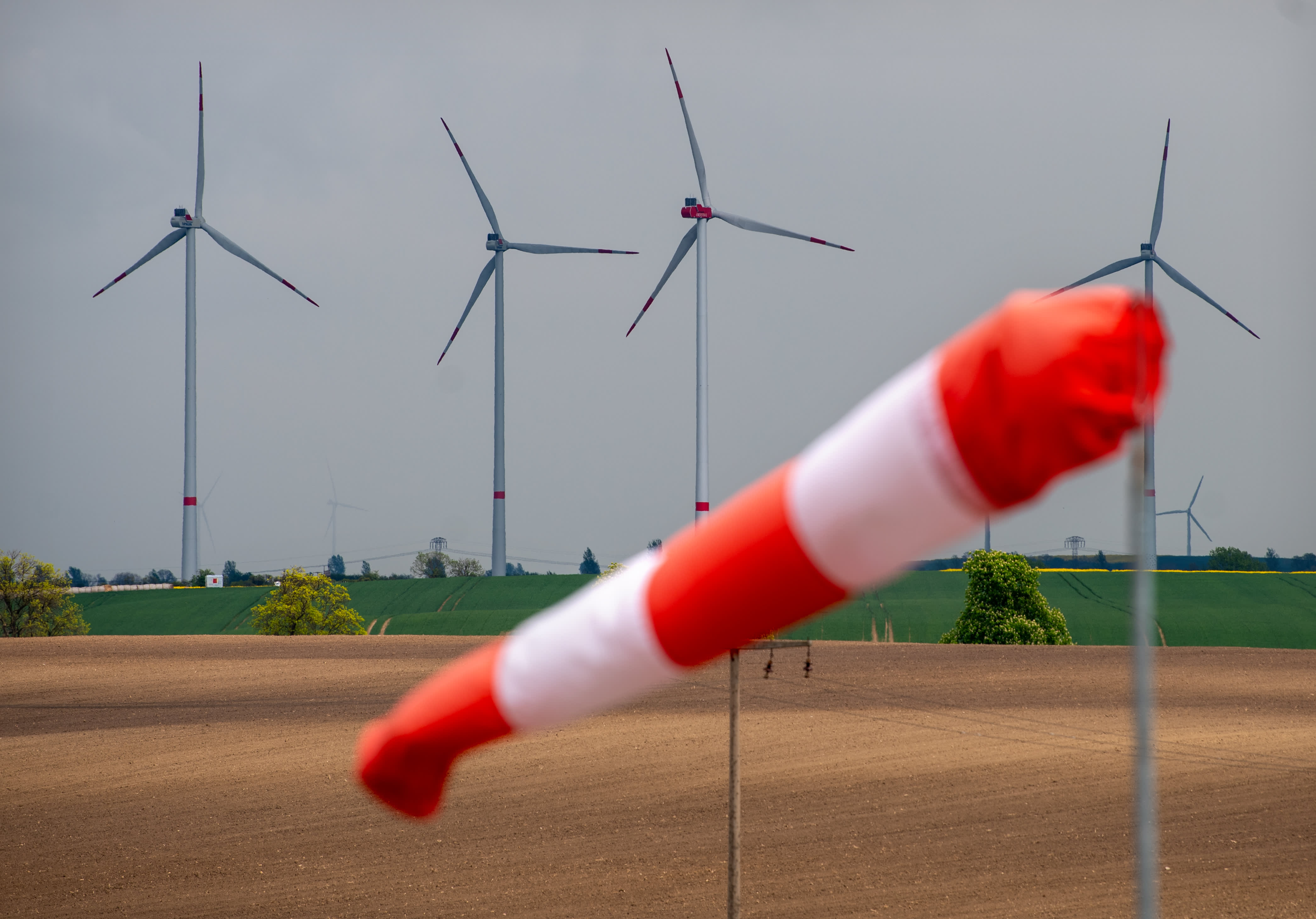Monika Skolimowska | picture alliance | Getty Images
As the world looks to move towards a low-carbon future, the potential of “green hydrogen” — which is produced using renewable energy — has garnered increasing interest from businesses, governments and investors alike.
In the last few years, major firms including Repsol, Siemens Energy, Orsted and BP have got involved in projects connected to green hydrogen production. But while the development of these sorts of projects will be crucial, a key investment opportunity, according to one strategist, lies in the sector underpinning green hydrogen: renewables.
“The largest amount of money here, in terms of the investment opportunity for green hydrogen, is really, actually, in more renewable energy,” Mark Lewis, who is chief sustainability strategist at BNP Paribas Asset Management, told CNBC on Monday.
“Because clearly, when you produce green hydrogen it’s from … zero emissions power sources — that’s what’s going to be powering the electrolysers,” Lewis added.
A multi-layered process
Green hydrogen refers to hydrogen produced via the electrolysis of water, with the electricity used in the process coming from renewable sources like wind and solar.
Described by the International Energy Agency as a “versatile energy carrier,” hydrogen has a diverse range of applications and can be deployed in sectors such as industry and transport. Examples of its use in the latter include trains, airplanes, cars and buses powered using hydrogen fuel-cells.
It’s seen as a crucial cog in the European Union’s plans to decarbonize. The EU has laid out plans to install 40 gigawatts of renewable hydrogen electrolysers and produce as much as 10 million metric tons of renewable hydrogen by 2030. To put that figure into context, the International Energy Agency says that global hydrogen production currently amounts to roughly 70 million metric tons per year.
With regards to the investment opportunity required to meet the EU’s 2030 production goal, BNP Paribas Asset Management’s Lewis said: “About 400 billion is what we think will be required, and fully half of that is for dedicated new renewable energy capacity. So … this is only going to increase the growth opportunity that was already there around renewables.”
Infrastructure and logistics
Expenditure on electrolysers and associated kit was expected to come to between 10-20% of the overall investment, Lewis added.
He also stressed the importance of logistics, siting the new renewable energy capacity and electrolysers in the correct places, as well getting distribution infrastructure built out.
“I think the real opportunity here is more in new renewable energy projects and the capital goods companies that are going to be building the electrolysers,” he added.
Environmental effects and cost-reductions
At the moment, the vast majority of hydrogen generation is based on fossil fuels, which in turn has an effect on the environment. The IEA has said that hydrogen production is responsible for roughly 830 million metric tons of carbon dioxide each year.
It’s within this context that the idea of green hydrogen is so attractive, although its role in the overall energy mix is small, accounting for just 0.1% of worldwide hydrogen production in 2020, according to Wood Mackenzie.
Green hydrogen is also expensive to produce, although a report from Wood Mackenzie released in August said costs could fall by as much as 64% by the year 2040.
“Even with a multitude of challenges that await the nascent green hydrogen market, we firmly believe there will be some form of low-carbon hydrogen economy soon,” Ben Gallagher, the report’s author and a senior research analyst at Wood Mackenzie, said in a statement at the time.
“Given the degree of explicit policy, corporate and social support that has blossomed in 2020, green hydrogen will successfully scale and realise huge production cost declines.”
He added that if additional policy support was forthcoming, production costs could fall even faster.
